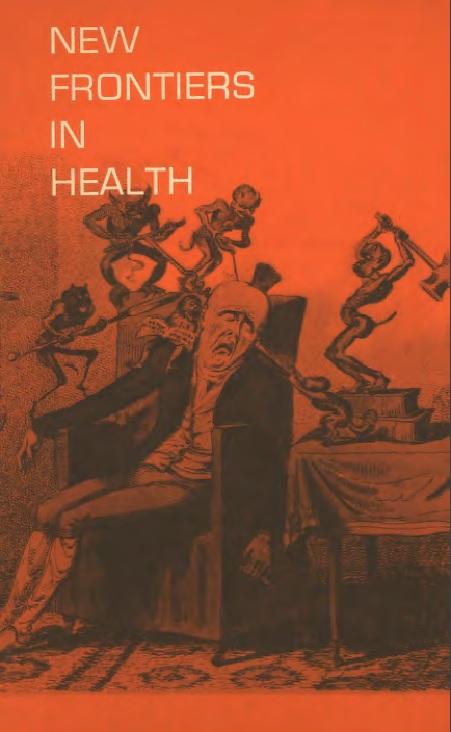Sign up to our newsletter Subscribe
Challenges and Solutions for Budget Impact Analysis of Gene Therapies

A review of the incidence, impact and implications of minor and unrecognised illness in the community
This booklet is about the future of medicine. It presents information about the many sick people who do not consult their doctor hoping their symptoms will evaporate, in…
A review of the incidence, impact and implications of minor and unrecognised illness in the community
This booklet is about the future of medicine. It presents information about the many sick people who do not consult their doctor hoping their symptoms will evaporate, in contrast to the many others who strike us as having more than their fair share of our time.
From this information, it is clear that there are going to be even more changes than the adjustments we have already made to the start of a National Health Service, antibiotics, forms, vast new fields of knowledge. The old emergencies, lobar pneumonia, empyema, mastoiditis, have disappeared: doctors are being cast, whether they like it or not, in a new role as interested in and responsible for all the human frailties. This is not exactly what many of us had in mind when we started our training, but such nearly total responsibility for the larger numbers of minor illnesses—the stresses of affluence, obesity, varicose veins, haemorrhoids—is not so far from the ideals to which the profession has always aspired.
Over the next decade, the nation as a whole will move towards shorter working hours, and doctors will probably have more, not less, demand made upon them. It may be necessary to change over from medical care on demand to medical care according to need. Furthermore, there will be many difficulties from the increasing challenge of geriatrics, chronic disease and psychiatry, especially in general practice.
To meet all this, and still have any time for its own leisure and recreation, the medical profession will have to organise itself and its ancillary staff. To organise, it will have to make decisions based on facts. To make decisions based on facts requires an accurate appraisal of the health of the nation, not necessarily as reflected in our text books or current statistics. Getting accurate appraisals is what this booklet is about.
New Frontiers in Health
